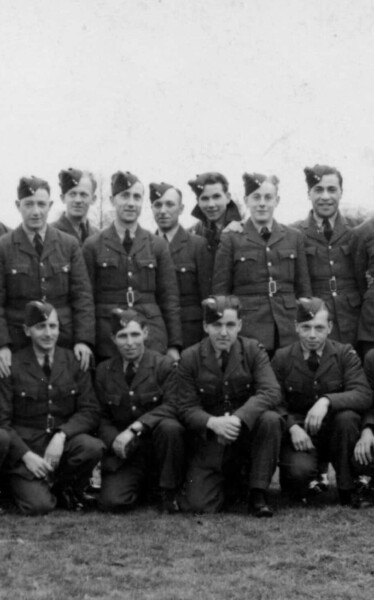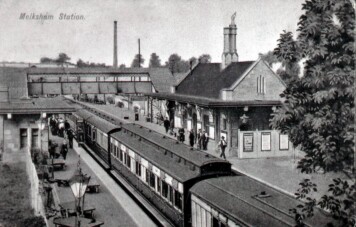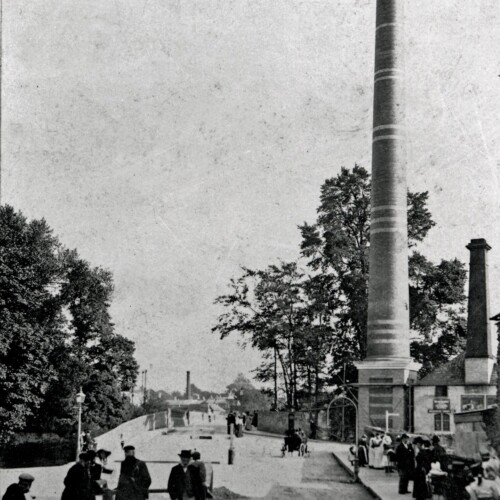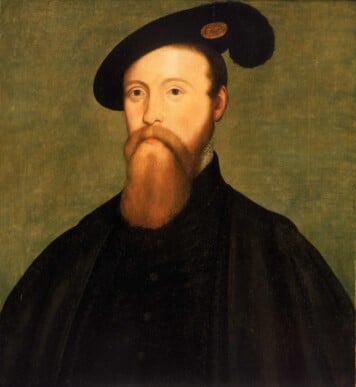Places of Worship
Faith and Religious Life in Melksham
Melksham has a long and diverse history of faith communities that have shaped the town’s identity, supported its people, and enriched local life for centuries. From medieval churches to more recent places of worship, these religious institutions reflect the town’s growth, values, and inclusivity.
St Michael and All Angels Church
Possibly the oldest building in Melksham, St Michael and All Angels dates back to the 12th century, though it’s believed that Christian worship on the site may have begun in Saxon times. This Grade II* listed parish church remains a spiritual and architectural landmark at the heart of the town.
St Andrew’s Church
Serving the Forest area of Melksham, St Andrew’s was built in 1875 to meet the growing needs of the town’s expanding population. It continues to be a place of worship and community gathering today.
Melksham Mosque
Melksham’s growing and diverse population is also reflected in the presence of Melksham Mosque, which serves the local Muslim community. The mosque is a welcoming and active part of the town’s religious life, providing a space for prayer, education, and interfaith connection.
The Society of Friends (Quakers)
The Quakers have been part of Melksham’s history since at least 1669, with early meetings closely linked to the town’s cloth industry. A Quaker boarding school was established in 1695, though it closed by 1721. Their meeting house, later home to the National Spiritualist Church, was sold in 1958 and converted to a private residence in 2012.
Melksham Baptist Church
The Baptist community in Melksham traces its roots back to 1669, with the first chapel built in 1714. The Baptist Church remains an important part of the town’s faith landscape.
Independent Congregational Church
An Independent Congregation Church was likely founded around 1773, influenced by a Methodist preacher who became its first pastor in 1778. Their church building, located in Market Place, was completed in 1788 and served generations of worshippers.
The Salvation Army
The Salvation Army has played a role in Melksham’s spiritual and social life since the early 20th century. In 1929, the organisation officially purchased the building it had been using as a Citadel, continuing its mission of faith, outreach, and community service.
St Anthony of Padua Roman Catholic Church
Although early records from 1783 suggest no Roman Catholic presence in Melksham at the time, this changed with the opening of St Anthony of Padua in 1939. The church has since served as the spiritual home for the town’s Catholic community.
Today, Melksham embraces a variety of faiths and beliefs, each contributing to the town’s inclusive and respectful community spirit. Whether rooted in centuries of history or newer traditions, places of worship continue to provide support, meaning, and connection for all.












